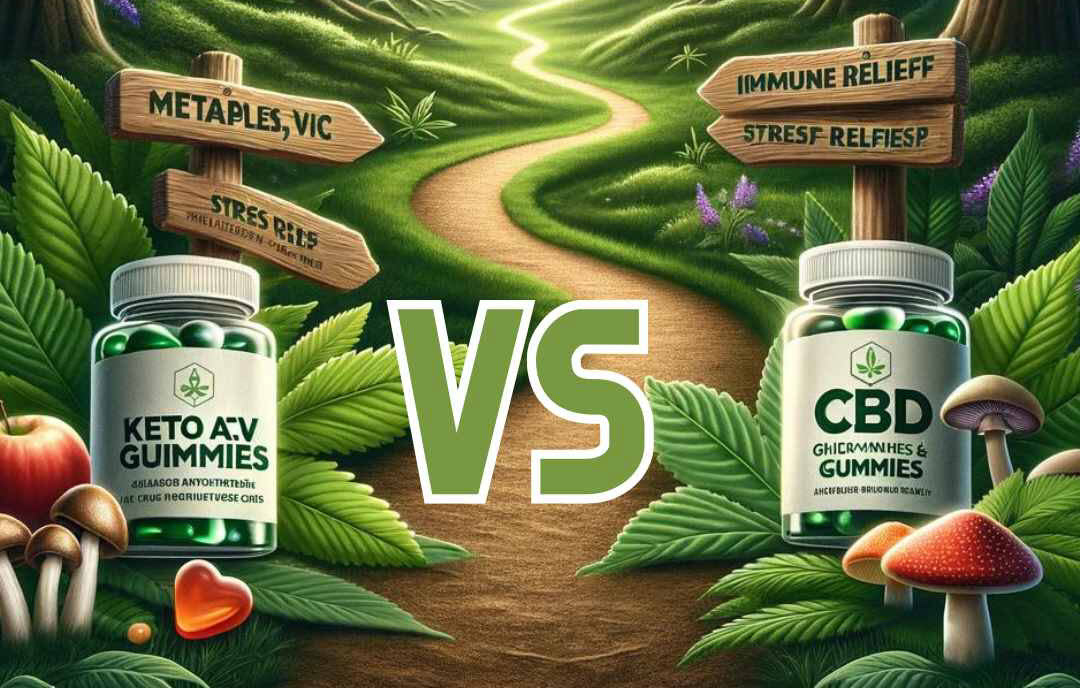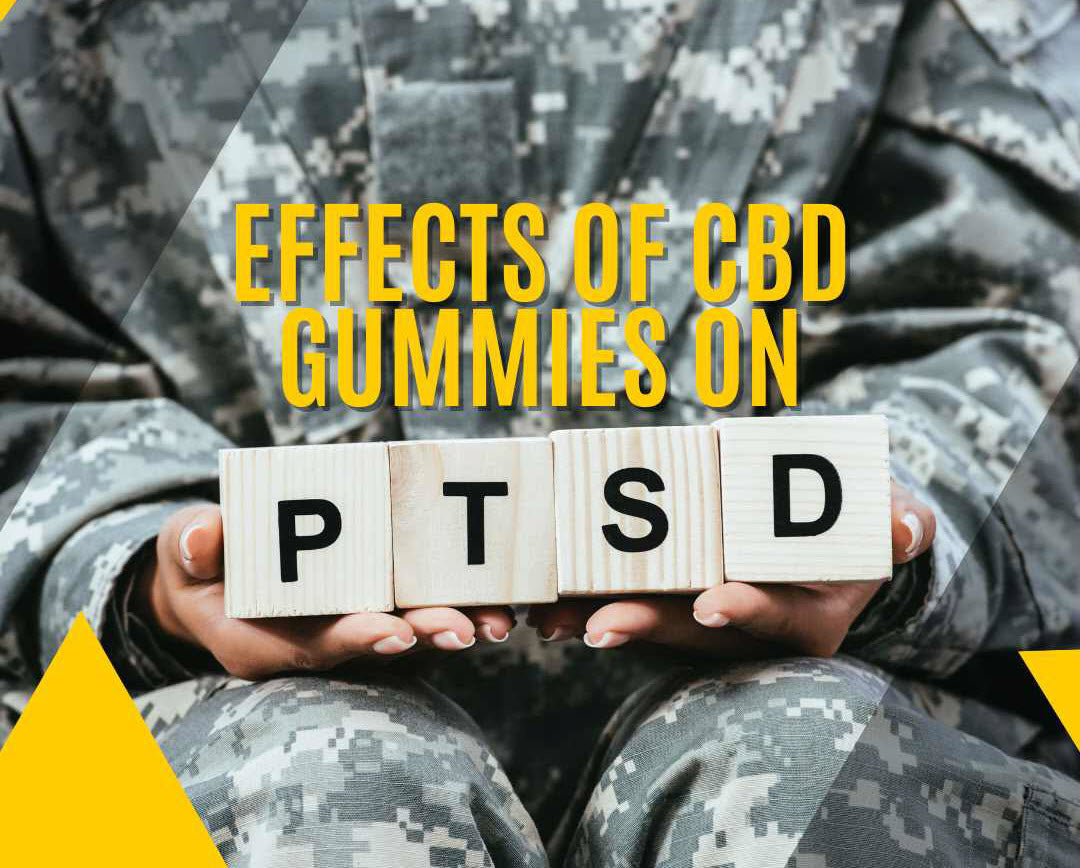HOW DOES CBD WORK IN THE BODY
To understand how CBD can help with weight loss management, it's helpful to understand how this cannabinoid affects the body. More specifically, it's important to understand how CBD works with the endocannabinoid system (ECS).
This system is made up of many receptors that are located all over the body, predominantly in the brain and immune system. In particular, it's the CB1 and CB2 receptors of the endocannabinoid system that CBD interacts with. When CBD is consumed, the receptors of the ECS react.
While there are already cannabinoids that are naturally present in the body, CBD can give the system a boost. The CB1 and CB2 receptors are activated by cannabinoids, including CBD. But rather than binding directly to these receptors (unlike THC), CBD stimulates the naturally occurring cannabinoids in the body to activate them. In this way, CBD helps to enhance the performance of these receptors to maintain proper balance in the body.
The ECS sends cannabinoids to parts of the body that require them the most, which helps to maintain homeostasis in the body, regulate various functions and improve overall health. This system is responsible for regulating essential functions like pain, mood, memory, sleep, appetite and many others.
When the ECS is stimulated with CBD, these important functions can be better regulated. And because CBD is a natural product that does not have any psychoactive properties like THC, it can improve these functions without any unwanted side effects.
Related: The Ultimate Beginners Guide To CBD
HOW CAN CBD HELP YOU LOSE WEIGHT
There are several mechanisms at work when it comes to CBD helping with weight loss.
For starters, CBD may act as an appetite suppressant. People who use marijuana for the purpose of getting "high" will often experience other side effects including the "munchies." THC is known to stimulate the appetite, which can actually be useful in some situations when weight gain or maintenance is necessary. For example, some cancer patients use THC for these specific purposes as certain cancer treatments are known to cause weight loss.
For those looking to lose weight, THC is not the compound in the cannabis plant that users should be seeking. Instead, CBD has been shown to have the opposite effect on appetite and can actually suppress it naturally.
This all comes down to the hypothalamus, the region of the brain that controls appetite. It regulates the secretion of ghrelin and leptin, two different hormones that influence appetite in different ways. While ghrelin stimulates hunger, leptin creates the sensation of being full. CB1 receptors stimulate the neural circuit in the hypothalamus that regulates ghrelin. This is why THC can generate the feeling of being hungry.
On the other hand, CBD is an effective CB1 blocker, which means it has the power to suppress the appetite. Studies have shown that CBD can control cravings and keep hunger at bay by increasing levels of leptin.
In addition, CBD plays a key role in what is known as "fat browning" — another way that the cannabinoid can help with weight loss. Brown fat burns calories to generate heat, which is why it is typically known as the “good” fat since it metabolizes rather than stores calories.
A 2016 study found that CBD can stimulate fat browning which inevitably breaks down fat while increasing the number and the activity of mitochondria in the cells of the body, helping to burn more calories. CBD was also shown to reduce the activity of proteins associated with the growth of fat cells.
HOW TO USE HEMP CBD FOR WEIGHT LOSS
CBD can be taken in all different formats including as CBD oil tinctures for sublingual use, vapes, topicals, capsules and sprays to name a few. Which product type you choose will depend on your specific preferences and you can see all CBD products that NanoCraft has to offer on the main site.
Further, the exact dose you take will depend on how your body metabolizes CBD. The only way you're going to know this is by experimenting with the cannabinoid.
In order to find the proper dosage for your body and the effects you desire, it's important to start with very small amounts and concentrations. Take the smallest dosage recommended on the label of the product you are using. Stay at that dosage for a few days, then increase the dosage in small increments even if you do not feel the effects right away.
It can take a few days or even a few weeks before CBD’s entire effects are experienced, so try to be patient as you fine-tune the best dosage for your body.
There is evidence to suggest that CBD can be an effective supplement to include in your daily regimen if losing bodyweight is your goal. And while you're shedding unwanted body fat with the help of CBD, you can also benefit from its many other advantages that include keeping you calm, protecting your heart and brain, and providing your body with plenty of nutrients.
CBD is a phenomenon that continues to show us different ways that it can help promote optimal health. Explore CBD supplements that are perfect to mix with water to help with recovery and wellness.
Does CBD Make Your Hungry And Stimulate Your Appetite
Some claim that CBD reduces appetite. Most associate cannabis with a stimulated appetite, as people who smoke cannabis tend to feel more hungry than usual (“the munchies”). While it is true that THC, the psychoactive component of the cannabis plant, may cause one to be hungrier, CBD does not.
In 2012, a feeding pattern study was done on rats analyzing the effects of cannabidiol. The researchers found that cannabidiol reduced food intake in rats. Cannabinol, on the other hand, was shown to increase feeding.
A recent 2018 cannabinoids in obesity article published in the International Journal of Molecular Sciences found that CB1 receptors in the body may help reduce appetite and even control obesity. THC activates CB1 receptors, similar to CBD, stimulating hunger. However, CBD does not activate the CB1 receptors but may influence other receptors or molecules to deactivate or block them off. Shutting off these receptors may help reduce overeating and or reduce your appetite.
There is plenty of anecdotal evidence to suggest that CBD is helpful in reducing appetite, but there have not been any studies documenting the same or similar findings in humans.
Does Hemp CBD Oil Act As an Appetite Suppressant
CBD may help people looking to lose weight or suppress their appetite, but it is important to not overstate these claims. A healthy diet and daily exercise are still the best weight loss and appetite suppressant strategies.
CBD should not replace any other medications for chronic conditions, diseases, or ailments. Talk to a doctor before using CBD for any reason, as it may interact with your current existing medications.
An animal study concluded that cannabidiol (CBD) did reduce food intake, but there was no direct conclusion to CBD being stated as leading to appetite suppression.
Best Type Of CBD Oil For Weight Loss
CBD, or any other compound for that matter, is not a treatment for obesity. These compounds do not replace a healthy diet and daily exercise.
Whether you’re new to CBD or have been using it for a while, there are multiple types of CBD you can utilize. The main forms of CBD available are tinctures, capsules, topical salves, and creams. There are also edible goodies, drinks, powders, and other supplements to name a few.
The best for weight loss? Individuals have reported that CBD capsules are an easy go-to. Because CBD capsules are filled with an exact known amount of CBD, they provide an accurate way of dosing. It doesn’t get easier than taking a capsule every day. No second-guessing how much you took yesterday or pondering how many milligrams you have left in tincture oil.
Other consumption methods, listed above, may be just as accurate, although they may not be as convenient and incognito as CBD capsules.
Has the research shown and led us to believe that one method of taking CBD is better than the other for weight loss? Not yet. Anecdotal evidence may hold promise until then.
Does CBD Oil Cause Weight Gain Increase
If an individual adds CBD to their weight loss plan without correct diet and exercise, they might not see any benefits. Keep in mind, CBD can be considered a complementary type of therapy - not all bodies are the same and each person may need a different dose to reach their directed goals.
2018 cannabinoids in obesity review suggested that cannabinoid receptors regulate food intake and inflammation. CB1 receptor inhibition helps reduce body weight and food intake. Researchers suggested that cannabinoid modulation can be considered an anti-obesity target.
Another 2012 study reported that cannabidiol significantly reduced total food consumption and food intake.
Anecdotal evidence is present, showing that CBD may help reduce food consumption. However, further studies need to be done on human subjects, weight loss, and appetite suppression.
How Much CBD Hemp Oil Should I Take For Weight Loss (Dosage Amounts)
“Take one dropper of CBD per day” or “take one CBD capsule per day” are two of the most commonly referred to dosage recommendations around. While these can definitely be dosages of some sort, there’s no way to tell if it’s the right dosage for you or your weight loss goals.
Here are some important tips:
- Estimate your dosage based on your body weight
- Start small and increase gradually
- See what the concentration of the CBD is
- Consult with your physician
As with most substances, individuals with a heavier body mass will require more CBD to experience its effects to the fullest. With that being said, a good rule of thumb to determine your CBD dosage, by body weight, is to take 1-6 mg of CBD per every 10 pounds of body weight. The FDA has not yet created a Recommended Daily Intake (RDI) for CBD, CBD does not have an official serving size or recommended dose.
Is there an Ideal CBD Dosage To Take For Weight Loss
There is some evidence that suggests that CBD may help a person lose weight.
While there are many articles discussing the beautiful benefits of CBD, there are few, far, and between on the proper dosage of CBD. Again, CBD is not yet FDA approved and does not have a recommended daily intake (RDI) set in place.
With this being said, there isn’t a “one size fits all” dosage for weight loss. There will be some trial and error when working with your proper dosage.
A 2012 rat CBD study reported that CBD (2 mg/kg and 5 mg/kg) can reduce body weight gain in relatively young rats. With this being said, data describing the effects of CBD on feeding remain inconclusive, thus, the mechanisms by which CBD could increase or decrease intake and or bodyweight remain unexplained.
HEMP CBD vs THC vs Cannabis For Weight Loss, What You Should Know
There are definitely differences between CBD vs THC vs Cannabis - biochemically, organically, what part of the hemp plant they come from, and their effects on what they do to us differ. When bringing weight loss into the picture, each of these compounds may produce different effects by plant strain, dosage, method of administration, and frequency of dose.
Many are familiar with THC, a psychoactive component of marijuana. THC is typically associated with the “munchies”. In a psychopharmacology study, THC was shown to increase feeding in rats. On the other hand, in the same study, cannabidiol. CBD, was shown to reduce food intake.
In a 2015 study done at Yale University, researchers concluded that THC activates CB1 receptors and led to increased feeding behaviors and decreased activity of the neurons responsible for feeling full.
Cannabis users tend to have a higher percentage of visceral fat and increased insulin resistance, compared to non-cannabis smokers.
Researchers have suggested that strains of cannabis high in THC are more likely to trigger weight gain.
CBD has been shown to promote fat metabolism and may be a promising therapeutic target for the prevention of obesity.
With the current research available, there holds promise that CBD may be helpful in the journey of weight loss and THC and cannabis may contribute to weight gain.
- Farrimond JA, Whalley BJ, Williams CM. Cannabinol and cannabidiol exert opposing effects on rat feeding patterns. Psychopharmacology. 2012.
- Koch M, Varela L, et al. Hypothalamic POMC neurons promote cannabinoid-induced feeding. Nature. 2015.
- Parray HA, Yun JW. Cannabidiol promotes browning in 2T2-L1 adipocytes. Med Cell Biochem. 2016.
- Rossi F, Punzo F, Umano GR, Argenziano M, et al. Role of cannabinoids in obesity. International Journal of Molecular Sciences. 2018.
Nanocraft SciencesContent Writer x Physiologist x ResearcherKirsten Thornhill was born and raised in a small farm town in Stanislaus County, California. Kirsten graduated with a Master of Science degree in exercise physiology from Point Loma Nazarene University in San Diego, CA. She is very passionate about human physiology and the metabolic and nutritional adaptations that occur during exercise in active individuals and athletes. Kirsten has specialized in maximal oxygen consumption testing in athletes and teaching laboratory, clinical, practical, and research applications of exercise testing to college students. She enjoys educating and informing people on the importance of lifetime movement, plant-based eating, and health research and development. Her passion for natural, lifestyle medicine enables her to strive when promoting health and education.
- #cbd
- #cbdforathletes
- #hemp
Tagged under














No comments yet!
Be the first to comment